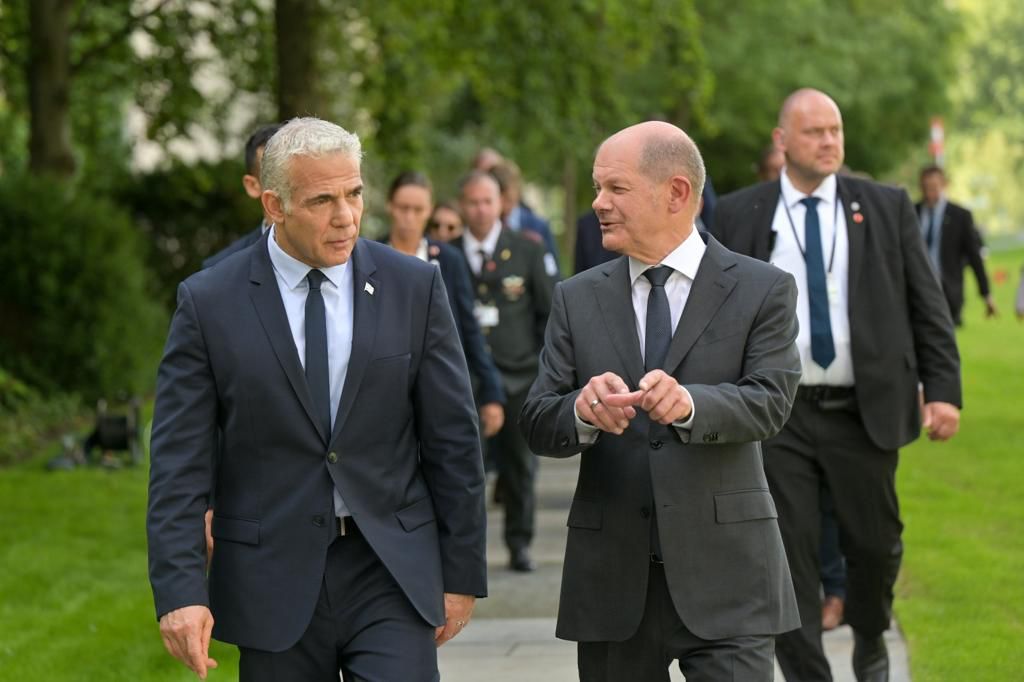Israel seems resigned to a renewed Iran nuclear agreement, but insists it will not be bound by it and will be free to continue its covert campaign of sabotage against Iran’s nuclear program and its personnel.
Ever since its chief ally, the United States, announced its intention to return to the 2015 accord, or the Joint Comprehensive Plan of Action (JCPOA), Israel has tried to convince the Biden administration and its European allies to scrap it, or alternatively, to deliver a stronger and longer accord that would effectively block Iran’s path to membership in the exclusive nuclear club.
The Israeli leadership, from Prime Minister Yair Lapid on down, has denounced the emerging JCPOA as a “bad deal” and a gift to Iran, Israel’s arch enemy.
On a recent trip to Germany, during which he met Chancellor Olaf Scholz, Lapid said, “A nuclear Iran will destabilize the Middle East, and create a nuclear arms race that will endanger the entire world. Returning to the nuclear agreement under the current conditions would be a critical mistake.”
Talks to resurrect it have been going on in Vienna for the past year and a half without a diplomatic breakthrough. In the meantime, Iran has violated the terms of the old agreement, which froze Iran’s nuclear program in exchange for a lifting of international economic sanctions.
The former U.S. president, Donald Trump, unilaterally withdrew from the JCPOA and reimposed sanctions on Iran in May 2018. Since then, the Iranian regime has enriched uranium from the acceptable level of 3.6 percent to 60 percent, increased its stockpile of enriched uranium well beyond the accepted limit, installed advanced centrifuges at its facilities in Natanz and Fordo, and turned off surveillance cameras at key facilities that were monitored by the International Atomic Energy Agency.
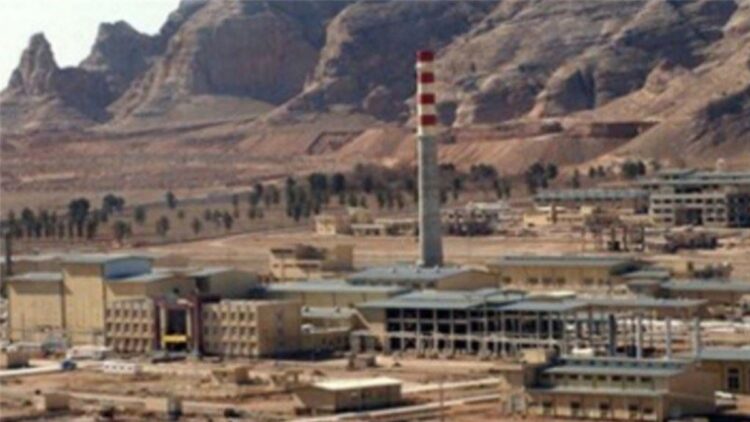
It is by no means certain that a new deal will be signed by the original signatories — Iran, the United States, Russia, China, Britain, France and Germany.
Last month, in a bid to break the current impasse, the European Union sent Iran the final text of an agreement to restore the JCPOA. Iran sought further clarifications that the United States would lift its crippling economic sanctions and that a new agreement would be honored by Biden’s successors. Iran also demanded that the International Atomic Energy Agency should close its investigation of several undeclared nuclear sites.
Subsequently, France, Britain and Germany issued a joint statement in which they raised “serious doubts” about Iran’s sincerity in seeking an agreement and warned Tehran they had reached “the limit of their flexibility.”
On September 13, U.S. Secretary of State Antony Blinken suggested that the prospect of reviving the JCPOA looked dim.
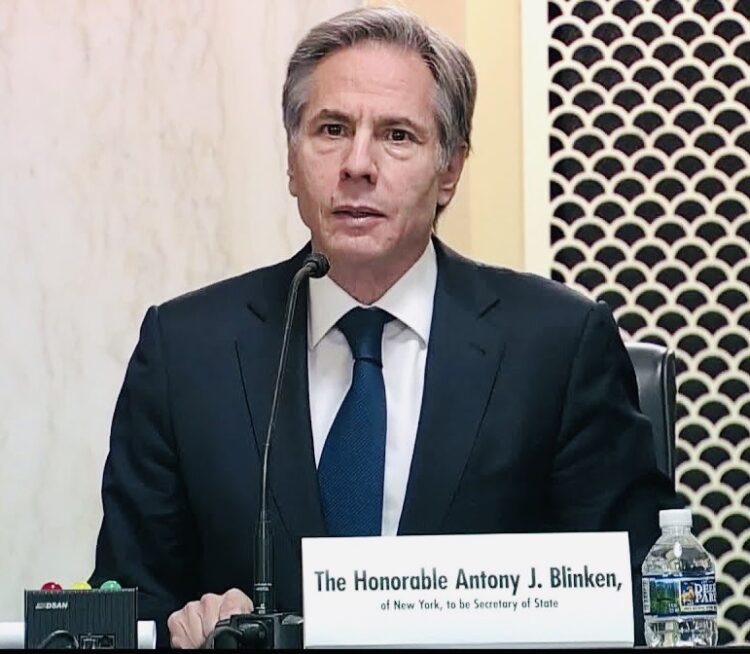
“Iran seems either unwilling or unable to do what’s necessary to reach an agreement, and they continue to try to introduce extraneous issues to the negotiations that make an agreement less likely,” he said. “What we’ve seen … is clearly a step backward …”
Despite these exchanges, Israel appears convinced that the JCPOA will be renewed because both sides, Iran and the United States, want it.
Once sanctions are lifted and Iran’s foreign bank accounts are unfrozen, Iran could gain access to billions of dollars in the first year and as much as $1 trillion by 2030. In addition, Iran could officially restart its nuclear program and resume oil exports.
For the United States, the revival of the JCPOA could be doubly beneficial. First, Iran’s nuclear ambitions could be contained under international controls, thereby averting a possible regional war between Israel and Iran into which Hezbollah and Hamas could be dragged. Second, the flow of Iranian oil to Western markets might well lower extraordinarily high gas prices at the pump at a moment when the export of Russian oil has been banned due to Russia’s invasion of Ukraine.
Israel is aware of these potential benefits, but believes the JCPOA is deeply flawed. Its “sunset” clause would theoretically enable Iran to build a nuclear bomb after the agreement expires by the end of this decade. Sanctions relief would permit Iran to channel immense funds to anti-Israel proxies in the Middle East such as Hezbollah, Hamas, Islamic Jihad.
Due to these concerns, plus its well-founded perception that Iran seeks Israel’s destruction, the Israeli government is lobbying hard to scuttle the JCPOA.
On September 6, Lapid acknowledged that its future still hangs in the balance, notwithstanding reports in the Israeli press that it will be revived.
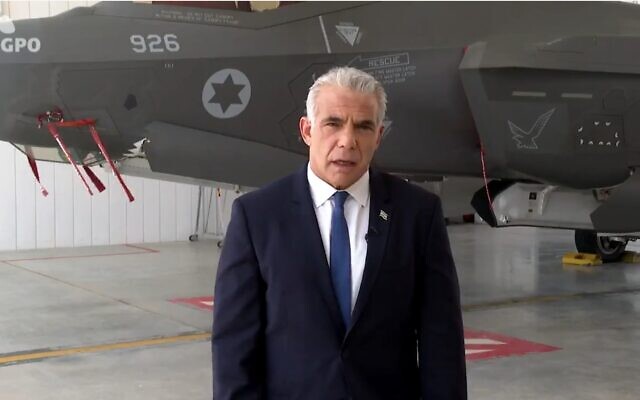
“It is still to early to know if we have succeeded in stopping (it), but Israel is prepared for every threat and every scenario,” he said. He made this comment as he theatrically posed in front of an F-35 stealth jet, the latest addition to the Israeli Air Force, which would bear the brunt of an Israeli attack on Iran’s nuclear sites. “If Iran continues to test us, it will discover Israel’s long arm and capabilities. As President Biden and I agreed, Israel has full freedom to act as we see fit to prevent the possibility of Iran becoming a nuclear threat.”
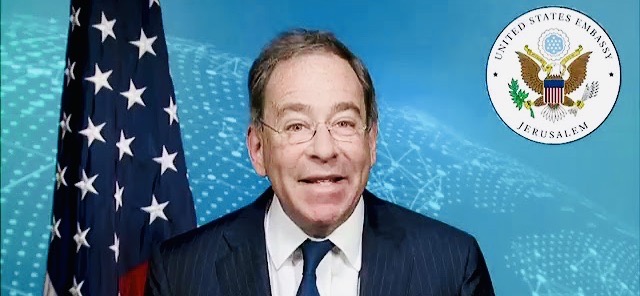
On the eve of Lapid’s comments, the U.S. ambassador to Israel, Tom Nides, said that Biden is keenly aware of Israeli fears. As he put it, “President Biden understands Iran’s aggression. He told Prime Minister Lapid in their call last week that the U.S. will never tie Israel’s hands and prevent it from defending itself.”
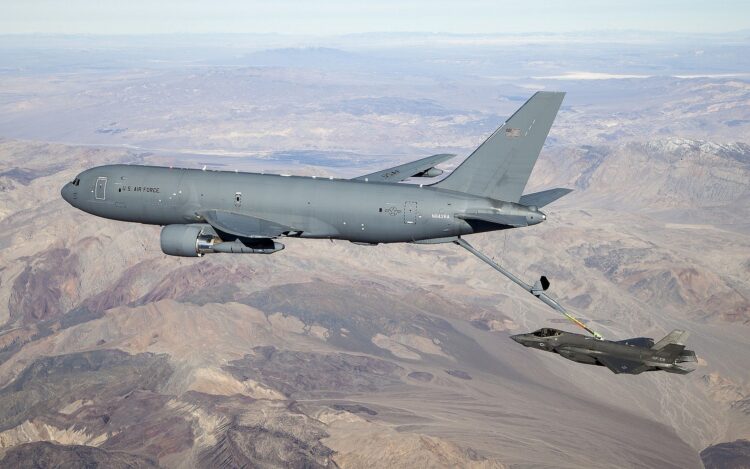
On September 1, the U.S. Department of Defence and Boeing, an aircraft manufacturer, signed a contract to supply Israel with four KC-46 refueling aircraft, which would be required in the event of an Israeli air raid on Iran’s nuclear facilities. The planes are scheduled to be delivered in 2025, but Israel has requested an earlier delivery.
David Barnea, in his first public speech since his appointment as the director of the Mossad last June, lambasted the JCPOA as a “strategic disaster.”
Speaking about its possible renewal, he said, “The deal is based on Iranian lies. Iran has sought to build a nuclear weapon that endangers Israel’s existence. The deal will easily help them reach this goal under international legitimization.”
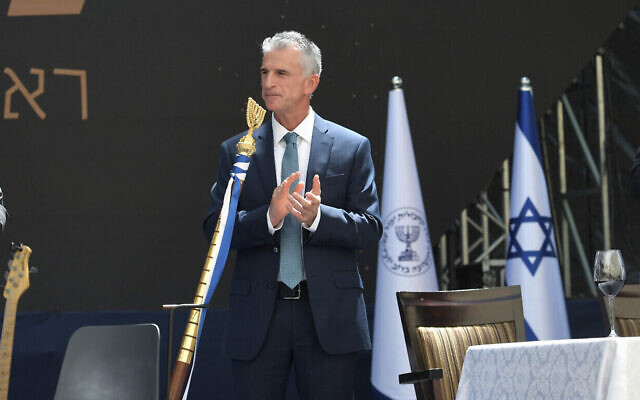
Even if the JCPOA is renewed, “it will not provide immunity from Mossad operations,” he said in a reference to Israel’s long arm. “If we don’t take action, Israel will be in danger.”
Disclosing that the Mossad has foiled dozens of planned Iranian terrorist plots against Israel, Barnea warned that future attacks by Iran and its proxies will be “met with a painful response … on Iranian soil. We will not pursue the proxies, but the ones who armed them and gave the orders, and this will happen in Iran.” The current nuclear talks in Vienna “are not a restraining factor in any way,” he noted.
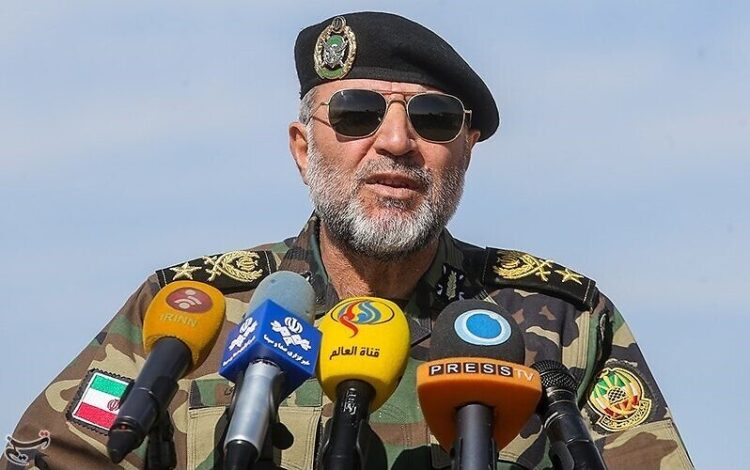
Responding to Israel’s veiled threats, the commander of Iran’s ground forces, General Kioumars Heydari, said on September 12 that Iran has developed a long-range weaponized drone, the Arash-2, capable of reaching Tel Aviv and Haifa.
Heydari’s bellicose remark was in keeping with Iran’s overt hostility against Israel. It conforms to a long list of truculent Iranian statements threatening to wipe Israel off the map.
Israel regards Iran’s nuclear program as its means by which to accomplish this genocidal objective.
